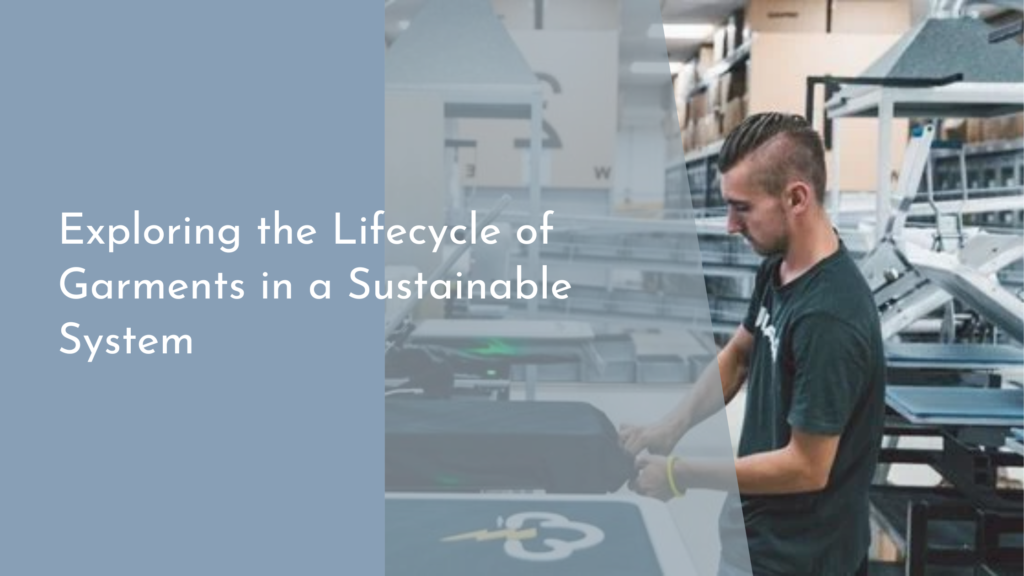Introduction to Sustainable Investments: A Beginner’s Guide
In recent years, sustainable investing has emerged as a popular strategy for investors who wish to align their financial goals with their values. As awareness about environmental, social, and governance (ESG) issues grows, more individuals are exploring how their investments can make a positive impact on the world. This guide is designed to introduce beginners to the world of sustainable investments, offering insights into its basics, benefits, strategies, and challenges.
Understanding Sustainable Investment Basics
Sustainable investing, also known as ESG investing, is an investment approach that considers environmental, social, and governance factors alongside financial returns. This strategy aims to generate positive long-term outcomes for society and the planet, while also seeking competitive financial returns. Investors may choose to support companies that prioritize reducing carbon emissions, promoting fair labor practices, or maintaining transparent corporate governance practices. Understanding these foundational elements is crucial for anyone looking to enter the sustainable investment space.
At its core, sustainable investing involves a shift in perspective from traditional investment methods. Instead of focusing solely on short-term profits, it encourages investors to consider the long-term impact of their investments on the world. This approach is gaining traction as more people become aware of how their money can influence global trends. By integrating ESG criteria into their decision-making processes, investors hope to support businesses and industries that contribute to a more sustainable future.
The Benefits of Investing Sustainably
One of the key benefits of sustainable investing is the potential for long-term financial performance. Studies have shown that companies with strong ESG practices often exhibit lower risks and more stable returns. These companies are generally better equipped to handle regulatory changes, environmental impacts, and societal expectations, making them sound investments for the future. Additionally, sustainable investing allows investors to mitigate risks associated with climate change, resource scarcity, and other global challenges.
Beyond financial returns, sustainable investing offers the opportunity for investors to contribute to positive change. By directing capital towards companies that prioritize sustainability, investors can help drive innovation, support ethical practices, and promote social equity. This alignment of values and investments not only enhances personal satisfaction but also encourages the corporate world to adopt more responsible practices. As a result, sustainable investing empowers individuals to be part of a larger movement towards a more equitable and environmentally friendly world.
Key Strategies for Sustainable Investing
There are several strategies that investors can employ when considering sustainable investments. One popular approach is negative screening, where investors exclude certain industries or companies from their portfolios based on ESG criteria. For instance, many choose to divest from fossil fuels or tobacco companies. This method allows investors to avoid supporting industries that conflict with their values.
Another strategy is positive screening, which involves actively seeking out and investing in companies with strong ESG performance. This approach focuses on identifying leaders in sustainability and social responsibility. Impact investing takes this a step further, as it involves investing in projects or companies with the explicit goal of generating measurable social or environmental benefits alongside financial returns. Regardless of the chosen strategy, investors should conduct thorough research and consider their own values and financial goals when building their sustainable portfolios.
Navigating Challenges in Sustainable Investing
While sustainable investing offers numerous benefits, it also presents certain challenges. One major hurdle is the lack of standardized metrics and reporting standards for ESG performance. This can make it difficult for investors to accurately assess a company’s sustainability efforts. To overcome this, investors should seek out reliable resources and third-party evaluations that offer transparent insights into ESG performance.
Another challenge is the potential for "greenwashing," where companies exaggerate or falsely claim their ESG credentials. This can mislead investors who are looking to support genuinely sustainable businesses. To navigate this issue, it’s crucial for investors to perform due diligence, critically assess company reports, and stay informed about industry-specific sustainability practices. By remaining vigilant and informed, investors can better ensure their investments align with their ethical standards.
Sustainable investing is more than just a trend; it’s a powerful way to align financial goals with personal values and contribute to a better world. As you embark on your sustainable investment journey, remember that patience, research, and careful consideration are key. By understanding the basics, benefits, and strategies of sustainable investing, and being aware of its challenges, you’ll be well-equipped to make informed decisions that reflect both your financial objectives and your commitment to positive change.

